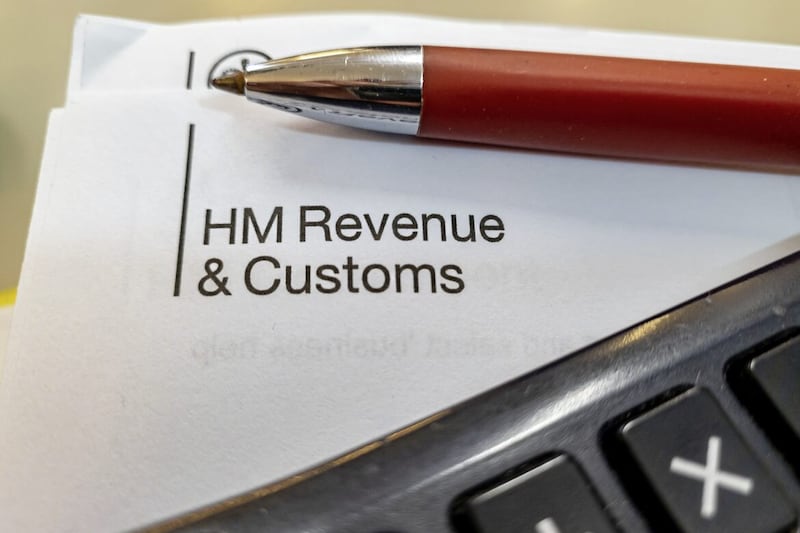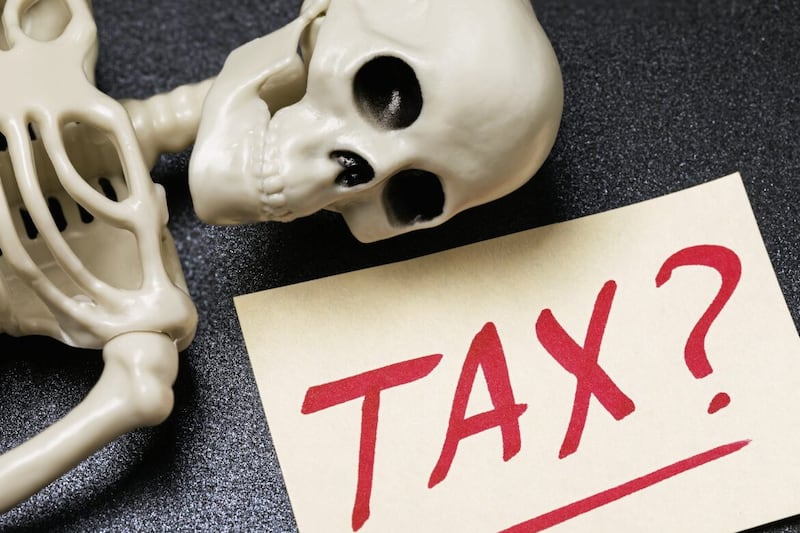Q: With the UK corporation tax rate heading for 17 per cent and the marginal income tax rate at 45 per cent, I want to incorporate my business as I am fed up paying a lot of tax in January and July.
ANSWER: Prior to rushing in and forming a company, it is essential that you ask yourself a number of questions. The first is why is the incorporation taking place?
Following the passing of the Limited Liability Act 1855, incorporations became one of the most popular ways to trade as previously individuals were personally liable for the liabilities of businesses, often resulting in personal ruin.
However, as a great divergence between income tax rates and corporate tax rates has evolved over the years, many companies are now formed with the main purpose of reducing the tax burden on the business. This is a very valid reason for incorporation, especially if the profits of the business are substantially reinvested annually to grow the business.
Though if substantially all of the after-tax profits are extracted by the shareholders, you will find that there is little point in incorporating the business for tax reasons. In fact, the tax burden may even be higher.
For these reasons therefore, it is essential that long before incorporation is undertaken, a proper incorporation strategy or plan is formulated along with professional advisers. Having decided to incorporate, it's important to understand exactly which assets and liabilities are being acquired/assumed by the new company.
Assets such as business premises may reside with the shareholders or may be transferred into the company at their market value. This will trigger a capital gains tax charge unless certain tax selections are made. Stamp duty may also be payable. A major asset to be considered is goodwill which is intangible in nature and which can often be the most significant asset of the business, particularly if the business is a professional practice such as dentist, accountancy firm, solicitor etc.
Once it has been decided which assets and liabilities the company will assume, a proper business purchase agreement should be drawn up which reflects the disposal of the assets, transfer of liabilities from the current business owners to the new limited company. This agreement will also stipulate how the assets etc. are to be paid for as quite often the consideration is left on loan account due to the former owners of the assets.
This shareholder or directors loan account can be drawn down in the future by the business owners. An immediate concern is how the shareholders are going to extract money from the company as they invariably will be the working directors of the company.
A common mistake is that they assume it was just like when they were partners in the former partnership and they just continue to draw money out of the company without any tax being deducted at source. This is illegal and therefore as part of the incorporation plan, a salary and possibly dividend plan needs to be put in place for the shareholders/working directors.
Dividends of course cannot be declared in the absence of distributable profits and therefore it is not possible to draw dividends in the early months of the company’s existence because it will not have proven reserves.
If it is intended to declare dividends, then management accounts should be produced on a quarterly or half yearly basis to justify whether a dividend is lawful or not. The opening balance sheet is of critical importance because I have seen companies formed which have a net negative opening balance and therefore on day one, the company is actually owed money by its owners, which will carry tax consequences which are often punitive.
The businesses Bank should be informed of the intended incorporation many months prior to incorporation to ensure that they will provide the business with the same facilities when it is incorporated as they are providing to the business pre-incorporation.
The owner of an unincorporated business, is personally liable for the business bank debt, however, shareholders are not personally liable for corporate debt unless the bank demand personal guarantees from the directors/shareholders.
It is for this very reason that business people often get an unpleasant shock when they incorporate a business without telling their bank manager. In far too many cases one can find a new company trading away with the bank account still in the name of the former partnership!
In summary, plan well ahead of any intended incorporation and engage with professionals who will ensure that incorporation is the correct thing for your business and if so, it is correctly implemented.
:: Paddy Harty (p.harty@pkffpm.com) is senior director at PKF-FPM (www.pkffpm.com). The advice in this column is specific to the facts surrounding the question posed. Neither The Irish News nor the contributors accept any liability for any direct or indirect loss arising from any reliance placed on replies.








